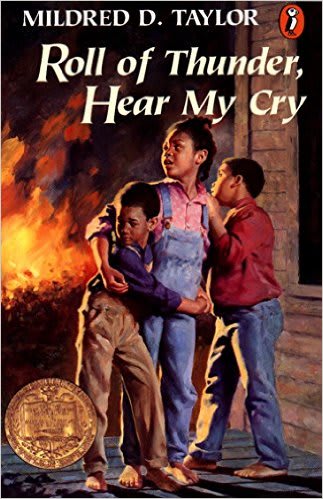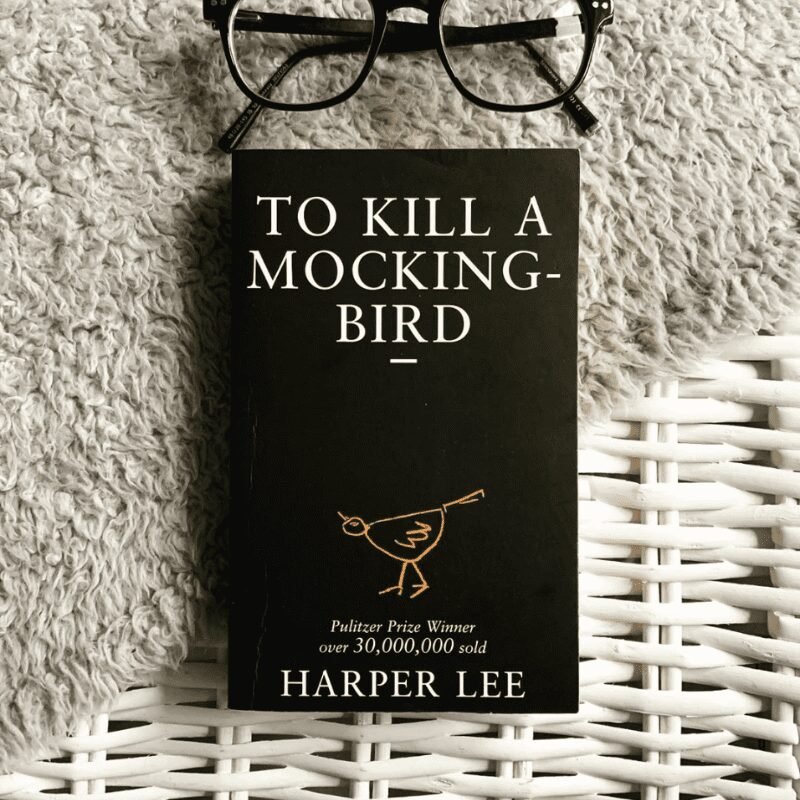If you enjoyed reading “To Kill a Mockingbird,” you might also enjoy books like “A Tree Grows in Brooklyn” by Betty Smith, “The Power of One” by Bryce Courtenay, “Adventures of Huckleberry Finn” by Mark Twain, “The Help” by Kathryn Stockett, “Cold Sassy Tree” by Olive Ann Burns, “The Heart is a Lonely Hunter” by Carson McCullers, and “Mudbound” by Hillary Jordan. These books feature similar themes and engaging narratives that will captivate readers.
Expand your reading experience with these compelling novels that share similarities with Harper Lee’s classic masterpiece.
Similar Books To Explore
If you enjoyed reading “To Kill a Mockingbird” and are looking for similar books that will captivate your imagination and provoke deep thought, you’re in luck. Here are some highly recommended books that share themes of social justice, coming of age, and the complexities of human nature:
A Tree Grows In Brooklyn By Betty Smith
Experience the heartfelt journey of Francie Nolan, a young girl growing up in the early 20th century in the slums of Brooklyn. This coming-of-age novel beautifully explores themes of poverty, family, education, and resilience.
The Power Of One By Bryce Courtenay
Follow the inspiring story of Peekay, a young boy from South Africa during the apartheid era. As he battles the challenges of racism and prejudice, his determination to become the welterweight champion of the world fuels his journey towards personal growth and social change.
Adventures Of Huckleberry Finn By Mark Twain
Join Huckleberry Finn and Jim, an escaped slave, as they navigate the Mississippi River and confront the racial inequalities of their time. Mark Twain’s classic novel explores themes of friendship, freedom, and the moral dilemmas faced by its memorable characters.
The Help By Kathryn Stockett
Set in 1960s Mississippi, “The Help” delves into the lives of African-American maids as they courageously share their stories and experiences. Through the eyes of Skeeter, a young white woman, this gripping novel touches on themes of racism, discrimination, and the power of unity and empathy.
Cold Sassy Tree By Olive Ann Burns
Travel to the small town of Cold Sassy, Georgia, where young Will Tweedy shares his journey through adolescence, family dynamics, and societal expectations. This heartwarming and witty novel explores themes of love, loss, and the contradictions of Southern life in the early 20th century.
The Heart Is A Lonely Hunter By Carson Mccullers
Step into a world where characters seek connection and understanding in the midst of loneliness. Set in a small Southern town during the Great Depression, this poignant novel explores themes of race, identity, and the human desire for companionship.
Mudbound By Hillary Jordan
Set in the aftermath of World War II, “Mudbound” takes you on a journey through the intertwined lives of two families in rural Mississippi. As they navigate racial tensions, the horrors of war, and the harsh realities of farm life, this gripping novel examines the complexities of human relationships and the enduring search for justice.
Each of these books, like “To Kill a Mockingbird,” offers thought-provoking narratives that delve into important social issues while captivating readers with their compelling characters and storytelling. Whether you’re looking for a coming-of-age story, a tale of racial injustice, or a deep exploration of human nature, these books are sure to leave a lasting impact.

Credit: www.bookbub.com
Exploring Alternative Teaching Options
When it comes to teaching literature, To Kill a Mockingbird by Harper Lee is often at the top of the list. However, educators may be looking for alternatives to diversify their curriculum and engage their students with different perspectives and themes. In this section, we will explore a few options that can be taught instead of To Kill a Mockingbird, offering students a rich literary experience.
Alternatives To To Kill A Mockingbird
1. The Hate U Give by Angie Thomas:
This powerful and timely novel explores themes of racism, police brutality, and activism through the eyes of its young protagonist. As students engage with the story of Starr, they are confronted with the realities of systemic injustice and are encouraged to question their own role in creating change.
2. All American Boys by Jason Reynolds and Brendan Kiely:
This thought-provoking novel delves into the aftermath of a police brutality incident, as it explores the complex relationship between two teens—one black, one white. Through alternating perspectives, students gain insight into the racial tensions and prejudices that persist in contemporary America.
3. Dear Martin by Nic Stone:
In this novel, students are introduced to the powerful story of Justyce, a young black teenager who grapples with identity, racial profiling, and the complexities of social justice. Through Justyce’s letters to Martin Luther King Jr., students are encouraged to reflect on their own values and the impact they can have on society.
4. Internment by Samira Ahmed:
This gripping dystopian novel envisions an America where Muslim Americans are forced into internment camps. By exploring themes of discrimination, activism, and the power of resistance, students are challenged to confront their own biases and consider the consequences of turning a blind eye to injustice.
5. The Round House by Louise Erdrich:
This award-winning novel follows the story of a young Native American boy seeking justice for his mother’s assault. Through this powerful narrative, students are exposed to themes of identity, sovereignty, and the complexities of the American legal system.
6. Monster by Walter Dean Myers:
Written as a screenplay, this compelling novel explores themes of race, justice, and the power of storytelling. As students delve into the story of Steve Harmon, a young African American on trial for murder, they are challenged to question the assumptions and biases that society often holds.
Embracing these alternatives to To Kill a Mockingbird opens up new opportunities for students to explore different perspectives and engage in meaningful discussions around important social issues. By selecting literature that represents diverse voices, educators can provide a well-rounded literary experience that challenges and empowers their students.
Frequently Asked Questions On Books Like To Kill A Mockingbird
What Should I Read If I Like To Kill A Mockingbird?
If you like To Kill a Mockingbird, you should read books like A Tree Grows in Brooklyn, The Power of One, Adventures of Huckleberry Finn, The Help, Cold Sassy Tree, The Heart is a Lonely Hunter, and Mudbound. These stories have spunky young narrators and explore similar themes.
What Should I Teach Instead Of To Kill A Mockingbird?
Consider teaching alternatives to “To Kill a Mockingbird” such as “The Hate U Give” by Angie Thomas, “All American Boys” by Jason Reynolds and Brendan Kiely, “Dear Martin” by Nic Stone, “Internment” by Samira Ahmed, “The Round House” by Louise Erdrich, “Monster” by Walter Dean Myers, and “The House You Pass on the Way” by Jacqueline Woodson.
These books offer diverse perspectives and address important social issues.
Which Grade Reads To Kill A Mockingbird?
To Kill a Mockingbird is typically read by students in grade 9 or higher.
What Books Are Similar To The Kite Runner?
Books similar to The Kite Runner include “Hotel on the Corner of Bitter and Sweet” by Jamie Ford, “The Namesake” by Jhumpa Lahiri, “The Space Between Us” by Thrity Umrigar, “In the Country of Men” by Hisham Matar, and “The God of Small Things” by Arundhati Roy.
Conclusion
To sum it up, if you loved To Kill a Mockingbird, there are plenty of similar books that you can explore. Some notable recommendations include A Tree Grows in Brooklyn by Betty Smith, The Power of One by Bryce Courtenay, Adventures of Huckleberry Finn by Mark Twain, and The Help by Kathryn Stockett.
Each of these books features strong and spunky young narrators and touches on important themes and social issues. Expand your literary horizons and dive into these captivating stories that will surely capture your imagination.

